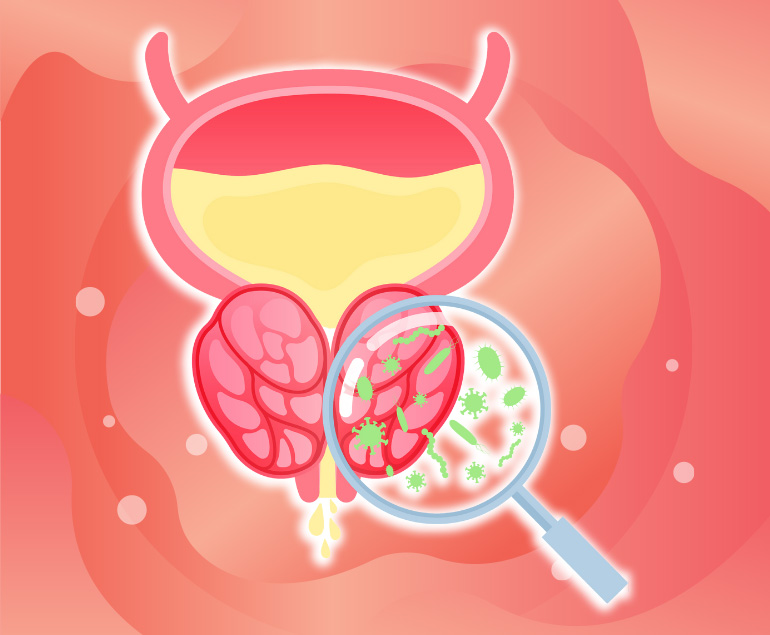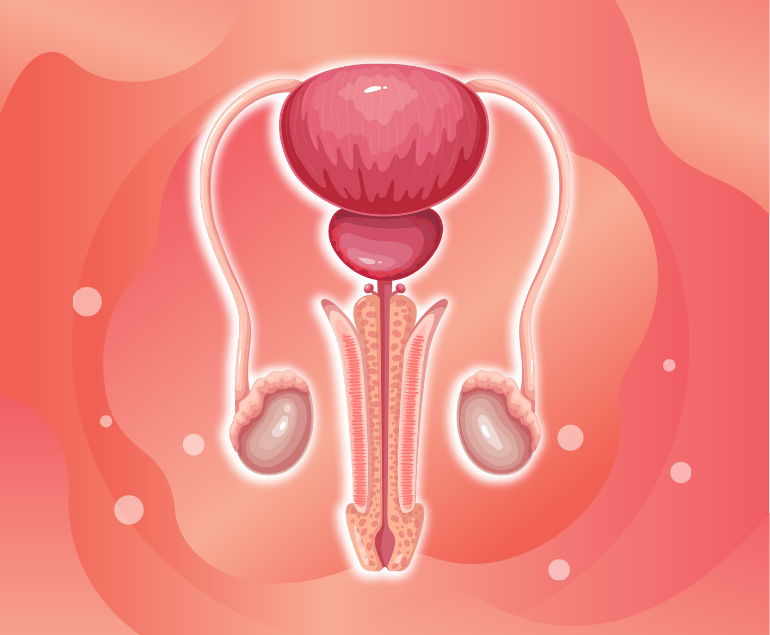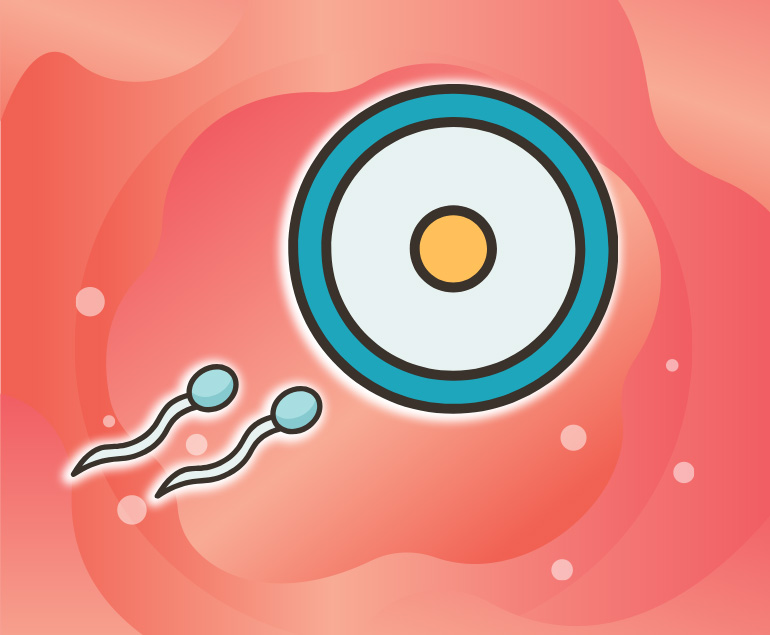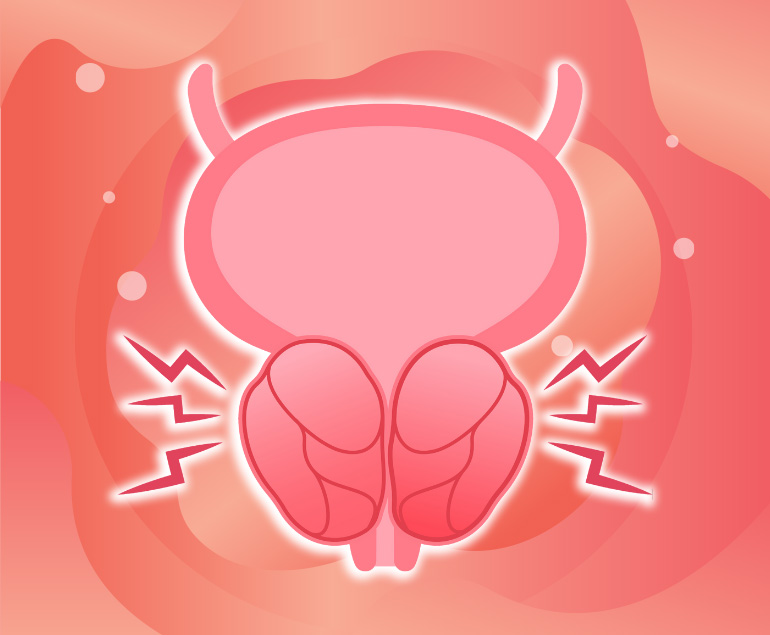What is Prostate Cancer?
Prostate cancer occurs when certain cells that make up the prostate tissue develop abnormally and form tumour structures. Cancer may develop in only one part of the prostate or in more than one part. This disease, which is generally seen over the age of 65, may not show symptoms in its early stages.
What are the Risk Factors of Prostate Cancer?
- Age: The incidence of prostate cancer increases with increasing age. Approximately 50 per cent of men over the age of 70 and almost all men over the age of 90 are diagnosed with prostate cancer. The disease is not common in individuals younger than 50 years of age.
- Family History: An average of 15% of patients have a history of prostate cancer in other family members.
- Nutrition: While a healthy diet reduces the risk of cancer; consuming unhealthy foods and obesity can increase the risk of prostate cancer.
What are the Symptoms of Prostate Cancer?
While there are no symptoms in the early stages of prostate cancer, various symptoms and complaints may occur depending on the progression of the disease. In particular;
- Difficulty urinating,
- Decreased force in the urine stream,
- Blood in semen or urine,
- Pain during ejaculation,
- Discomfort in the groin area,
- Bone pains,
- Involuntary weight loss,
- Erectile dysfunction
Such symptoms are among the symptoms of prostate cancer.
How is Prostate Cancer Diagnosed?
To diagnose prostate cancer some screening tests are performed such as:
- PSA blood test
- Finger examination from the anus
- Transrectal ultrasonography
- Advanced PSA test
- Insulin-like growth factor
What are Prostate Cancer Treatment Methods?
- Follow-up Protocol: It is simply following the patient without any treatment. Especially if the cancer is small and low grade on microscopic examination, the follow-up protocol is a reasonable option in elderly patients.
- Active Monitoring: Patients with clinically insignificant prostate cancer should not be treated, but the patient should be followed up and PSA, rectal examination and recurrent prostate biopsies should be performed at certain intervals and if the disease becomes significant, a treatment such as radical prostatectomy or radiotherapy should be initiated.
- Radical Prostatectomy (RP): It is the surgical removal of the prostate in the treatment of prostate cancer that has not spread. When removing the prostate, it is important not to damage the structures that help to hold urine and to protect the nerves.
- Radiotherapy (Beam Therapy): Radiotherapy is the treatment of cancer using radiation. The aim of radiotherapy is to kill cancerous cells or to prevent them from dividing and multiplying by damaging normal tissue as little as possible.
- Hormonal Treatment: Many prostate cancer cells proliferate in response to male hormones, especially testosterone. In this case, hormonal therapy can be useful. Hormone therapy aims to temporarily slow down the proliferation of prostate cancer cells.
To which area does prostate cancer first metastasise?
Prostate cancer can metastasise to different parts of the body, especially to lymph nodes and bone. The pelvis is the most common site of bone metastases after the spine.
How is the treatment according to the stage of prostate cancer?
Prostate cancer can be treated with surgical operations or radiotherapy in stages 1 and 2. Afterwards, hormonal treatment can be started or the progression can be determined according to the patient’s condition. The stage 3 plan in prostate cancer treatment should be either surgical operation or radiotherapy.
How to recognise the spread of prostate cancer?
One of the common signs that prostate cancer has spread is related to urination. When prostate cancer grows around the bladder, it can put extra strain on the bladder and urethra, and patients may feel the need to urinate frequently or continuously.
Is it possible to completely get rid of prostate cancer?
Patients who go to the doctor regularly, who are diagnosed early and operated on, recover completely and get rid of prostate cancer.







